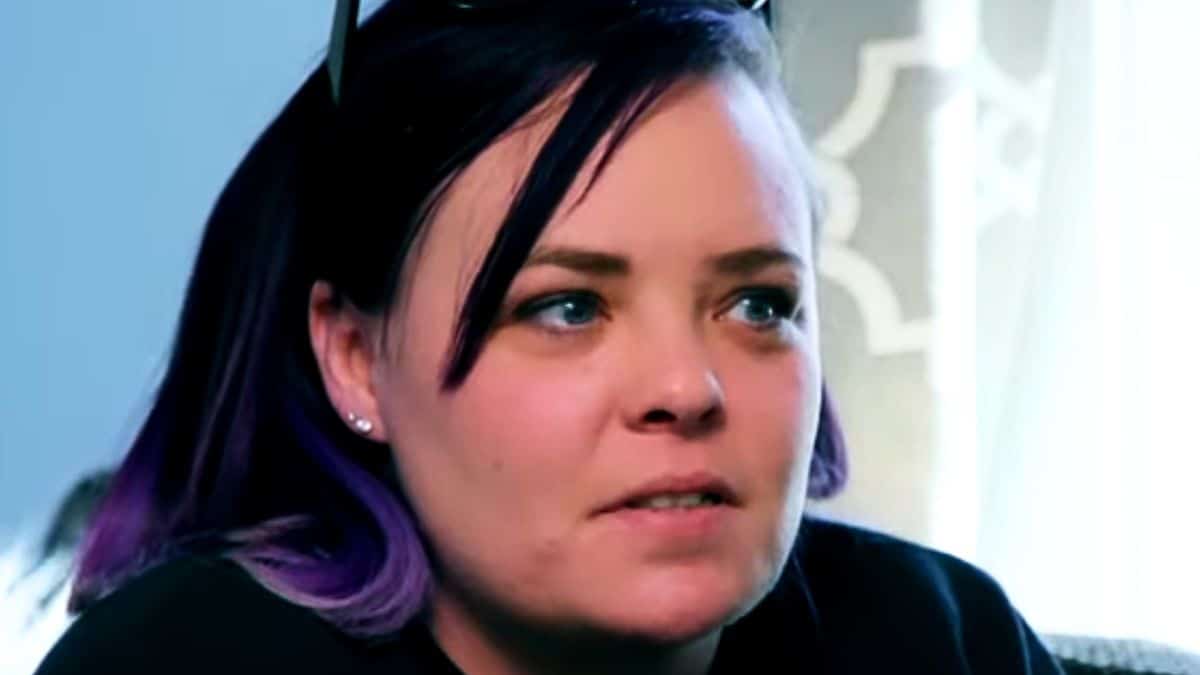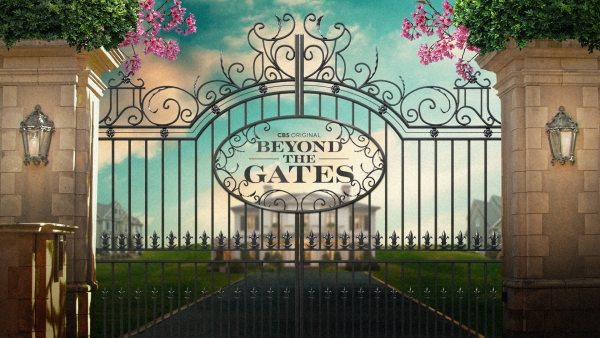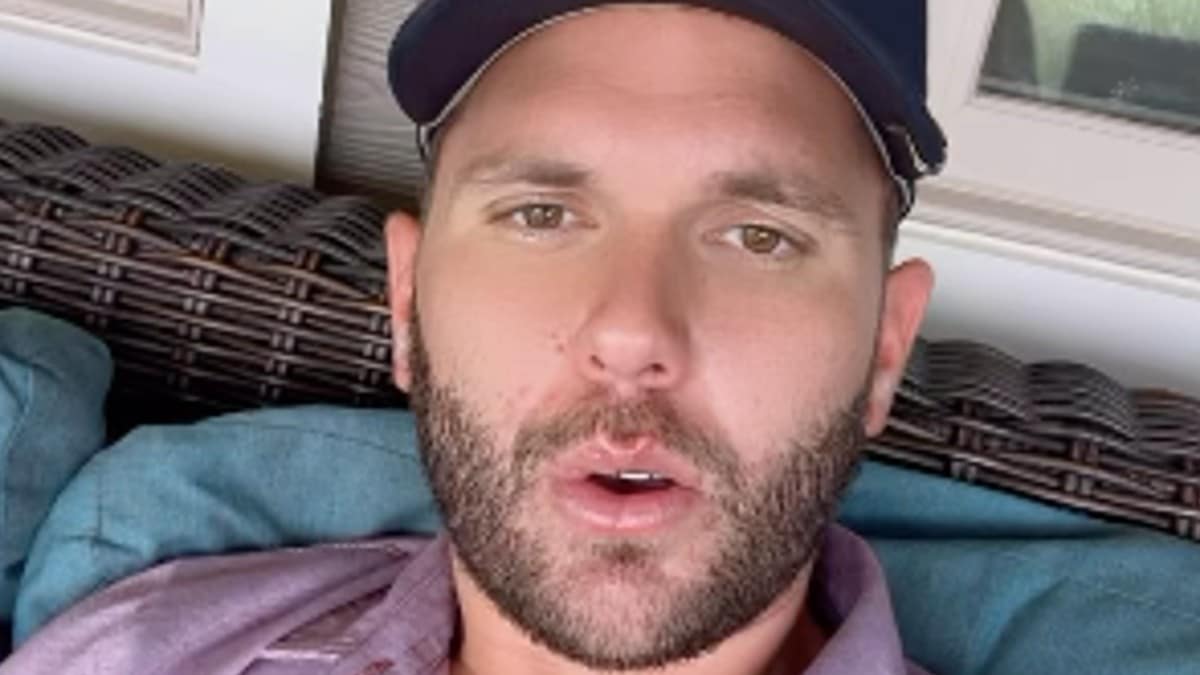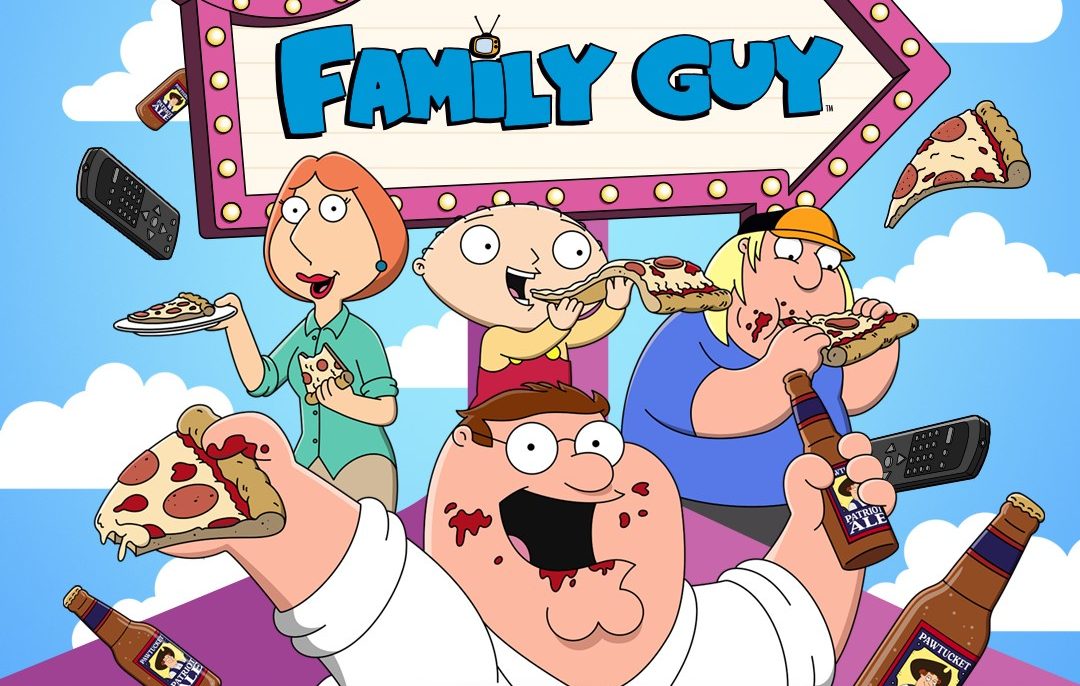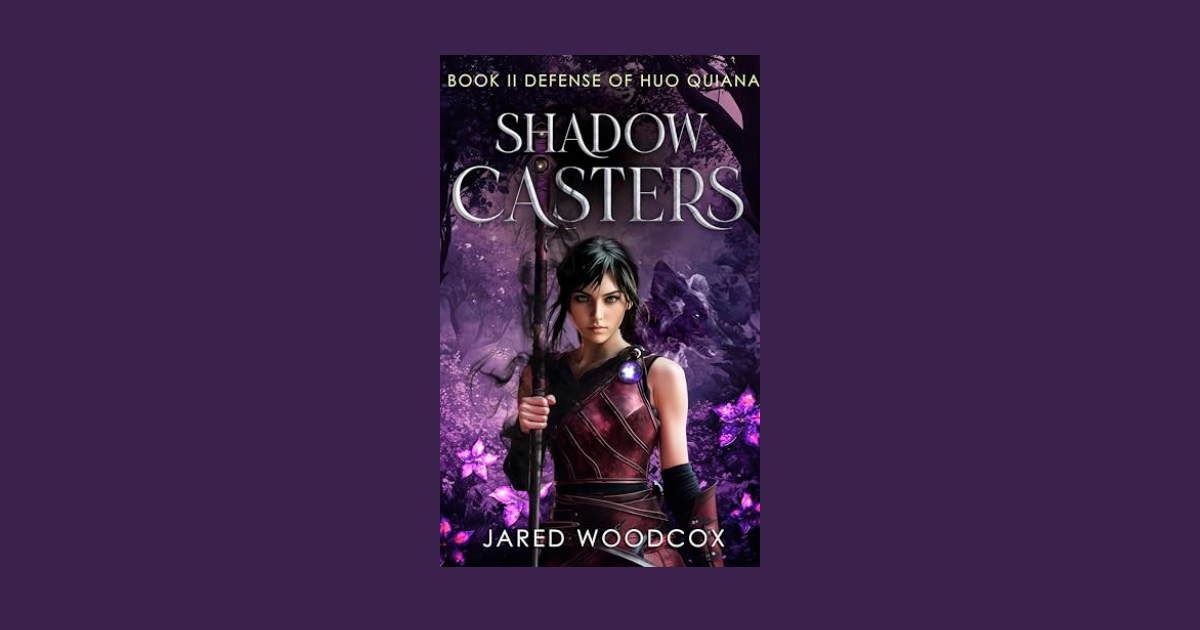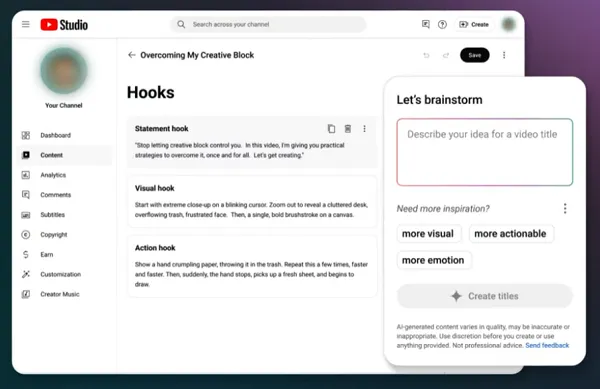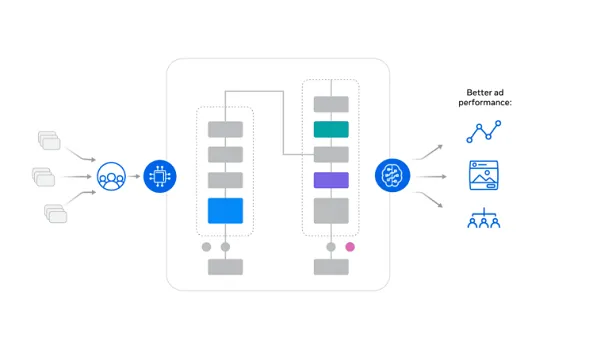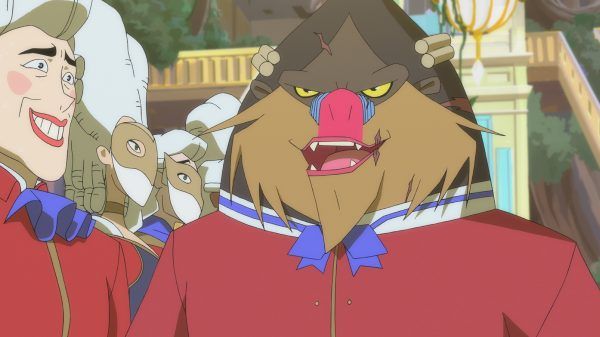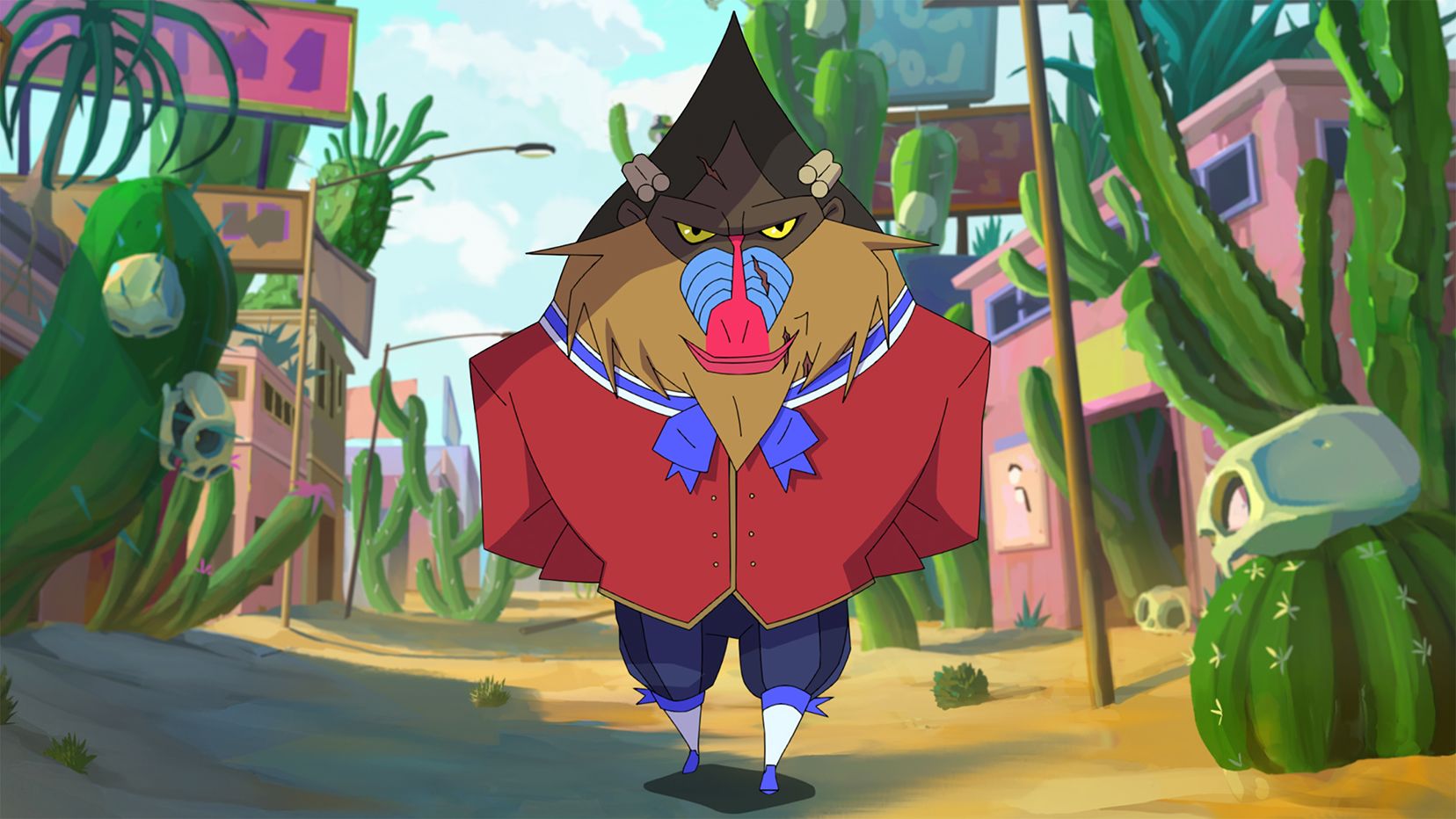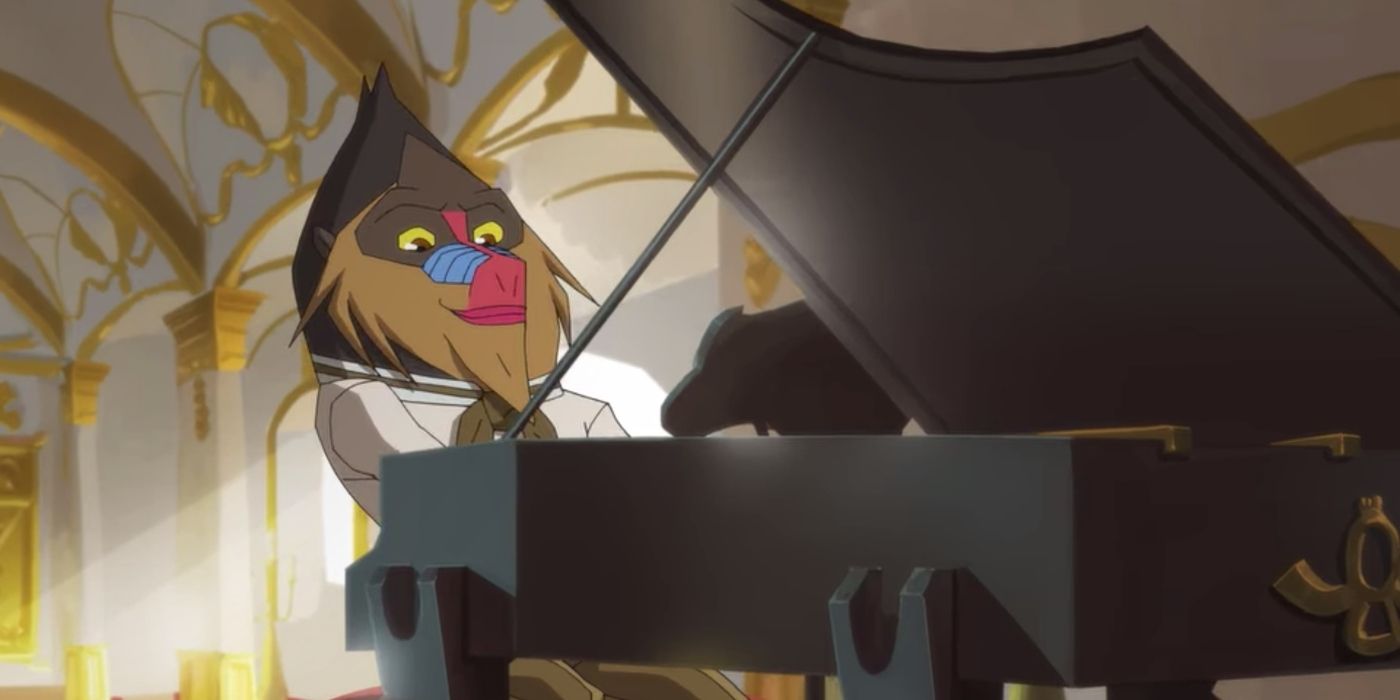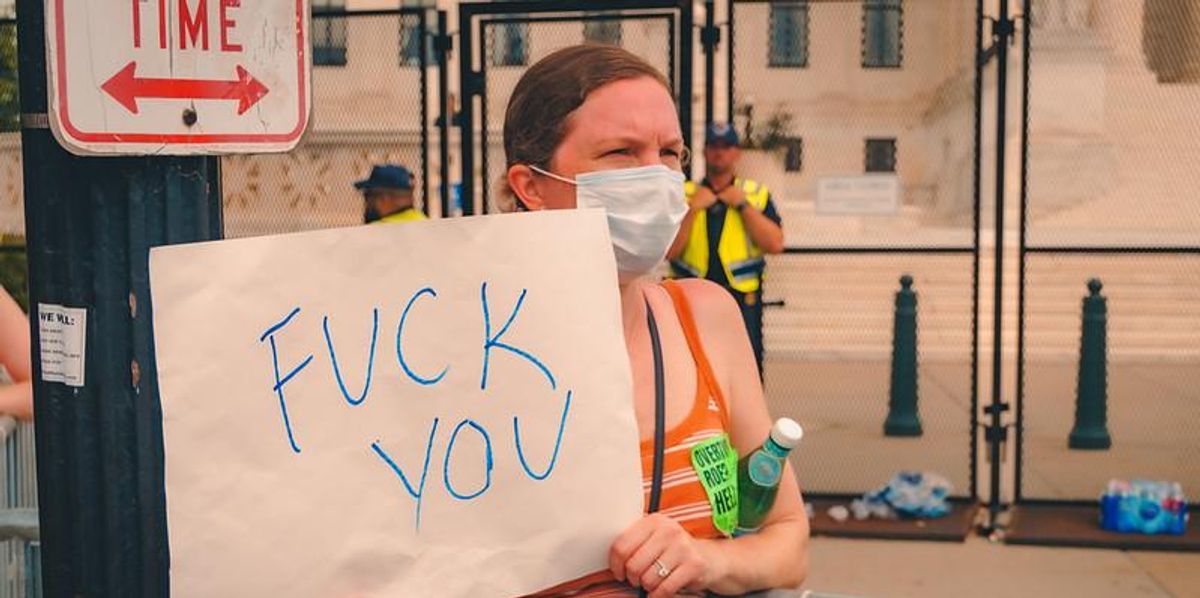Dan Stevens has an otherworldly job ahead of him as the first actor named to replace Justin Roiland following multiple allegations of domestic violence. He’ll take on the lead role of Korvo in the series Solar Opposites on Hulu. Stevens is a surprising choice for the role, partially because he’s so different from the previous actor, but he’s taken his charms to animation in the past. And he hit all the right notes on another sci-fi series.
Kipo and the Age of Wonderbeasts creates a beautiful dystopian world about family and coming together. Radford Sechrist’s series gave Stevens the chance to go thoroughly ridiculous as the villain Hugo, also known as Scarlemagne. He’s pompous and prude but also has many moments of sincerity and Stevens does it all. He gives the mandrill the humanity the show preaches.
What Was Dan Stevens’ Role in ‘Kipo and the Wonderbeasts’?
Kipo is set a world 200 years into a dystopian future where animals are called “mutes” and are now large, humanoid, and have different cultures and humans live underground in “burrows” to stay safe and avoid shame. On the surface world, Scarlemagne is on top. He wants power, and he is not afraid to kill — destroying a theme park for humans and mutes (R.I.P. Ratland) and nearly turning all mutes into golden statues. His first appearance showcases his glory, commanding a horde of brainwashed humans to ballroom dance to an ever increasingly paced tune while he sweats his pheromones. Oh, he’s not just playing faster, he’s maniacally laughing and screaming “ALLEGRO” to anyone who can hear. Stevens raises his voice to an unheard octave as he shrieks with cackling joy throughout the number.
Then, visitors enter and Scarlemagne stops on a snap and lowers his voice. Stevens is able to switch between a screaming Bohemian and an intimidating tyrant with ease — you can almost hear him grating his teeth when he receives bad news. He’s overzealous but also a blast to watch, and Stevens has the comic edge necessary for the character.
And he commands more than just a small room of dancers. Scarlemagne rides flying double-headed flamingoes in a pink Corvette into a crowd of mutes gathering to hear his requests. His first words “My Mute brothers and sisters, you all came, as I asked. That was smart of you.” He then gets over-excited and grunts like, well, a Mandrill, before regaining his composure. Stevens gleefully delivers the line, but there’s a tinge of surprise in that he’s still shocked this many people want to be in his presence. And he ends with the pseudo-threat, that he’d attack them if they avoided this meeting. Stevens has a commanding presence in his ability to give these awe-inspiring, authoritative speeches in between moments where he loses his temper.
But even at his most despicable, Stevens also finds the underlying tragedy in the character. After kidnapping Kipo’s (Karen Fukuhara) father, Dr. Gary Oak (Sterling K. Brown), and a couple of hundred humans, Scarlemagne needs a favor. He asks Gary to help get him more of his pheromones to control humans and needs the scientist’s help because, in a self-deprecating aside, “There’s only so much one Mandrill can sweat.” Gary calls the request “insane,” to which Scarlemagne sharpens his eyes and then laughs hysterically in Gary’s face. He then agrees, climbs up the walls, and then gives Oak a cold stare, saying, “I wonder who made me that way.” The moment shows how quickly Stevens works with the animation of the character going from cold to overheated and back to chilling.
Stevens’ Scarlemagne Has Humble and Horrifying Beginnings
Scarlemagne/Hugo was not always such a lavish ape. Hugo is just a normal baboon. Humans tested Hugo painfully to turn him into a “mute” so they can “cure” him and then turn all mutes into normal animals to take back control of the surface. Very humane practices. However, Gary and Song Oak (Jee Young Han) become attached to the Mandrill. They keep Hugo’s growing abilities — his love for kings and his musical talents — a secret and promise to escape together once Kipo is born. That is, until the head of the operation, Dr. Emilia (Amy Landecker) catches Hugo playing the piano and singing. She tries to have him tested but learns about the powers of his pheromones and reverses course, forcing him to run on a treadmill for an eternity to harvest his pheromones. He only escapes after the whole burrow falls apart.
Stevens captures the innocent, young genius forming after thousands of tests. Most importantly, he embodies the fear that turned Hugo into Scarlemagne — the fear that made him feel he had to control people to be loved. There’s a softness to his vocals that isn’t quite there as Scarlemagne. That’s on display during his musical number “Play it In My Head.” It’s a quiet tune that he sings partially wishing for a world where he can exist, and it’s beautifully sung. Yes, it has some allusions to his future — there’s a boastfulness describing his “perfect pitch” and “perfect ear” — but also him listening to his parental figures about not playing the piano when he’s alone. It’s beautiful, at times sad, but also soaring, and Stevens’ singing flies with the orchestrations.
Later, his fears are somewhat justified after Gary abandons him and won’t even let Hugo hold Kipo. The shift feels sudden but Hugo was left alone for so long after years of testing and isolation. It’s no wonder he snapped. Granted, that does not justify him hiding behind his Scarlemagne persona, mind-controlling primates, and even killing beings, but it does explain the character.
Dan Stevens’ Scarlemagne Needed Someone to Harmonize With
Scarlemagne lacks a real connection during his tyranny of the surface. That is until he finally meets Kipo. She sees the good inside the monstrous ape — the child that her parents once taught. One moment stands out when the two play piano together. Scarlemagne asks Kipo for advice on a song for his coronation as King/Emperor. He’s frustrated that it’s not “regal” enough and then Kipo starts playing something sweet in the upper octaves of the piano. Scarlemagne loves it but says “it needs a little tremolo” and harmonizes with her. They stop playing in a fit of laughter — a different laugh for Scarlemagne. Rather than the high-pitched nearly shrieking screams he has earlier, Stevens gives this a fuller, shorter, and, well, happier laugh. It’s a fleeting moment where Scarlemagne lets his guard down and allows himself to live without feeling a need to be tough and Stevens lets it out. He immediately lifts back up his shield when Kipo asks if he can just be good and let people like him for him, adding “No one wants to be ruled” in a higher octave than before.
Stevens adds layers to the complicated Mandrill who wanted community so much he tried to find it through tyranny. His vocals range in his octaves to mix between the once broken figure who turned his tears into a veil to control. But he also allowed himself to tone his flare down and calm himself with Kipo. Somehow, the character turns into a face for change and helps Kipo bring mutes and humans together, even sacrificing his life to save his formerly found family — and he goes down screeching with laughter attacking a giant, now-mute Emilia (the finale goes big). The road to that redemption is a tad rocky, and you could argue he never is fully redeemed for his past, but he does try, and Stevens is a key for the groundwork being laid. He’s able to do both the shrill and the sentimental. Stevens voice acting talents are on full display in Kipo and the Age of Wonderbeasts, showing how he can create both screams of joy and sorrow.












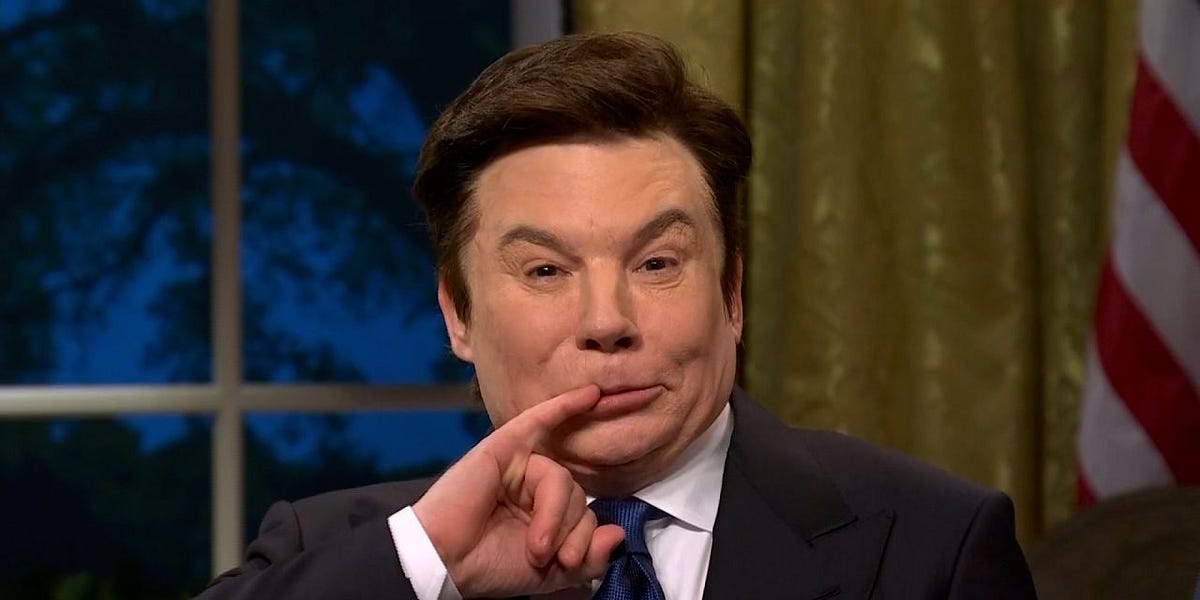



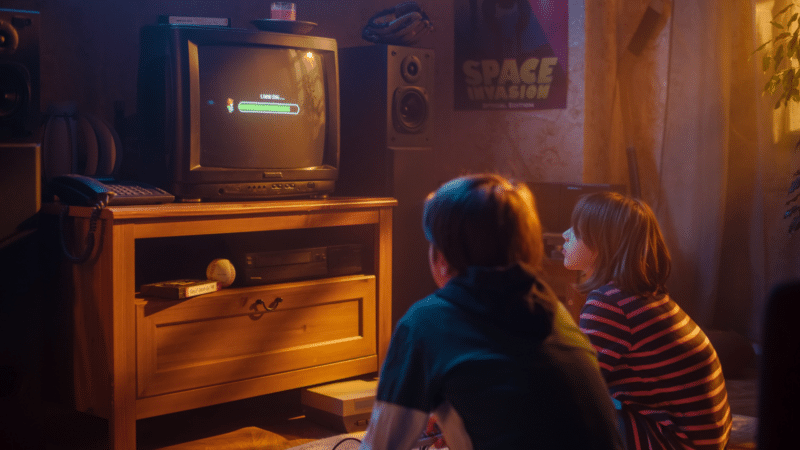






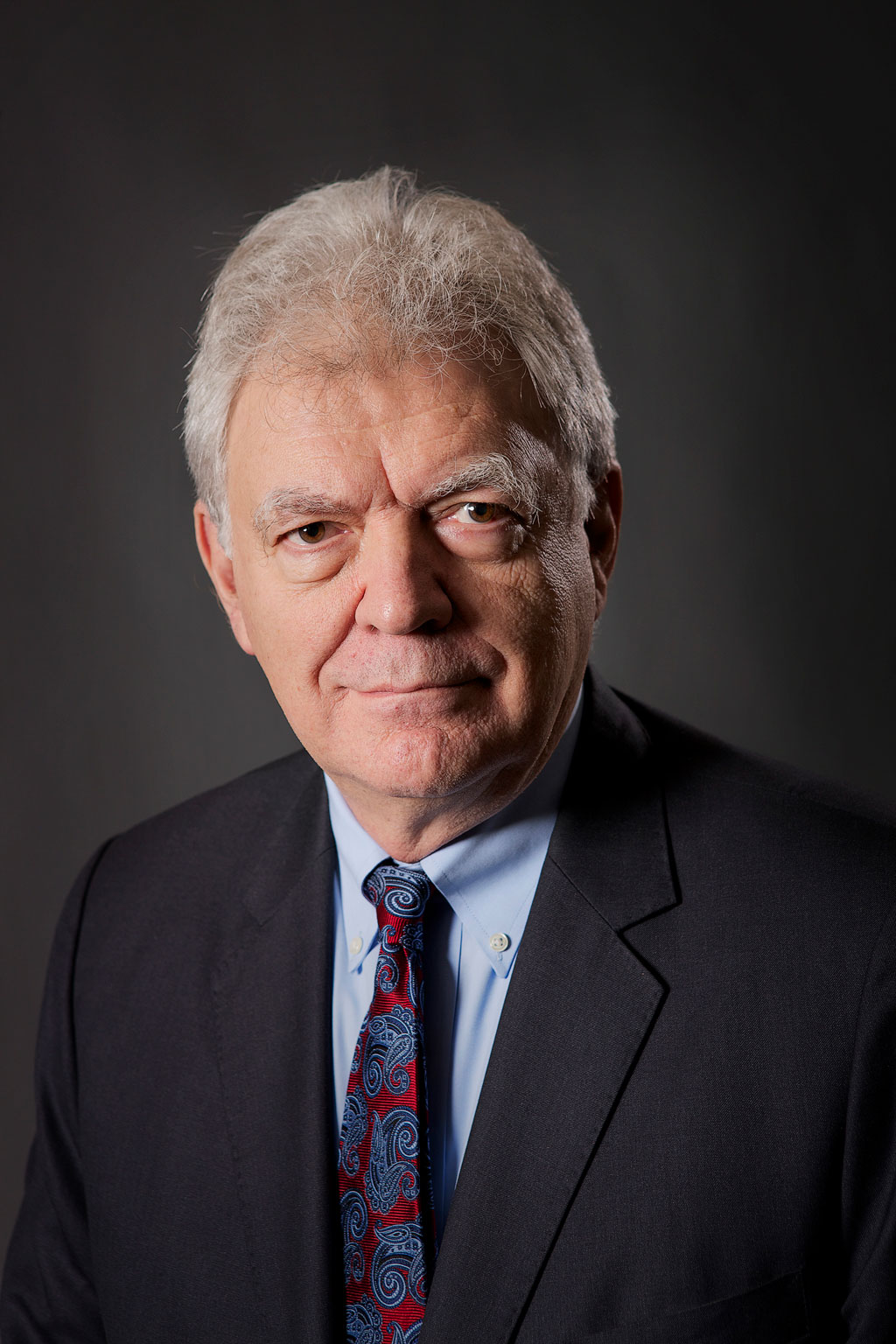


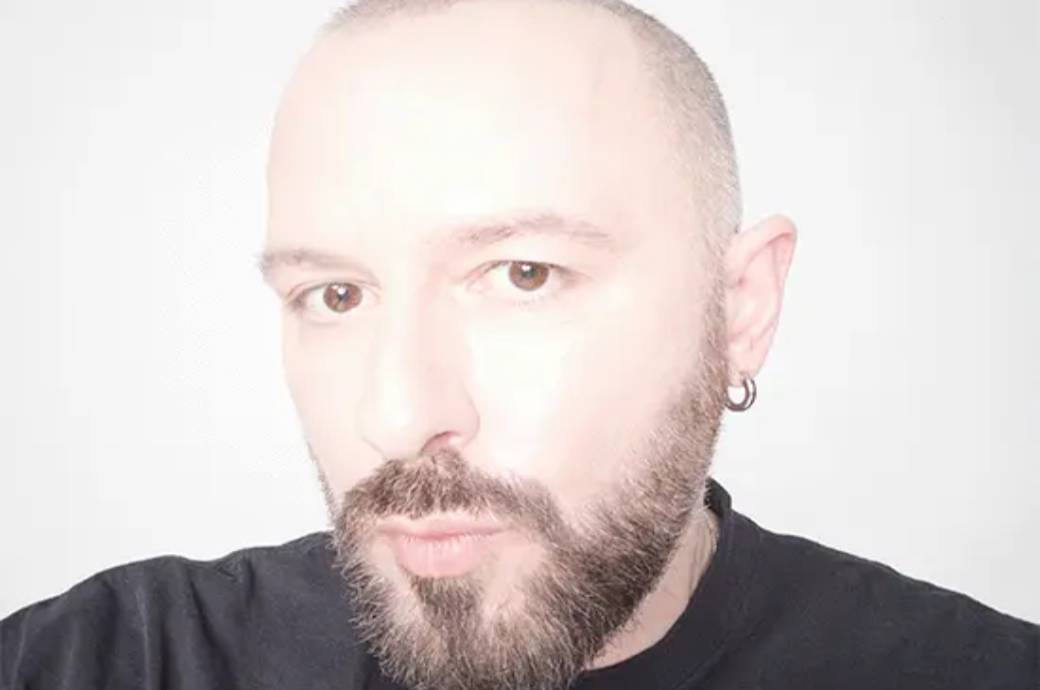











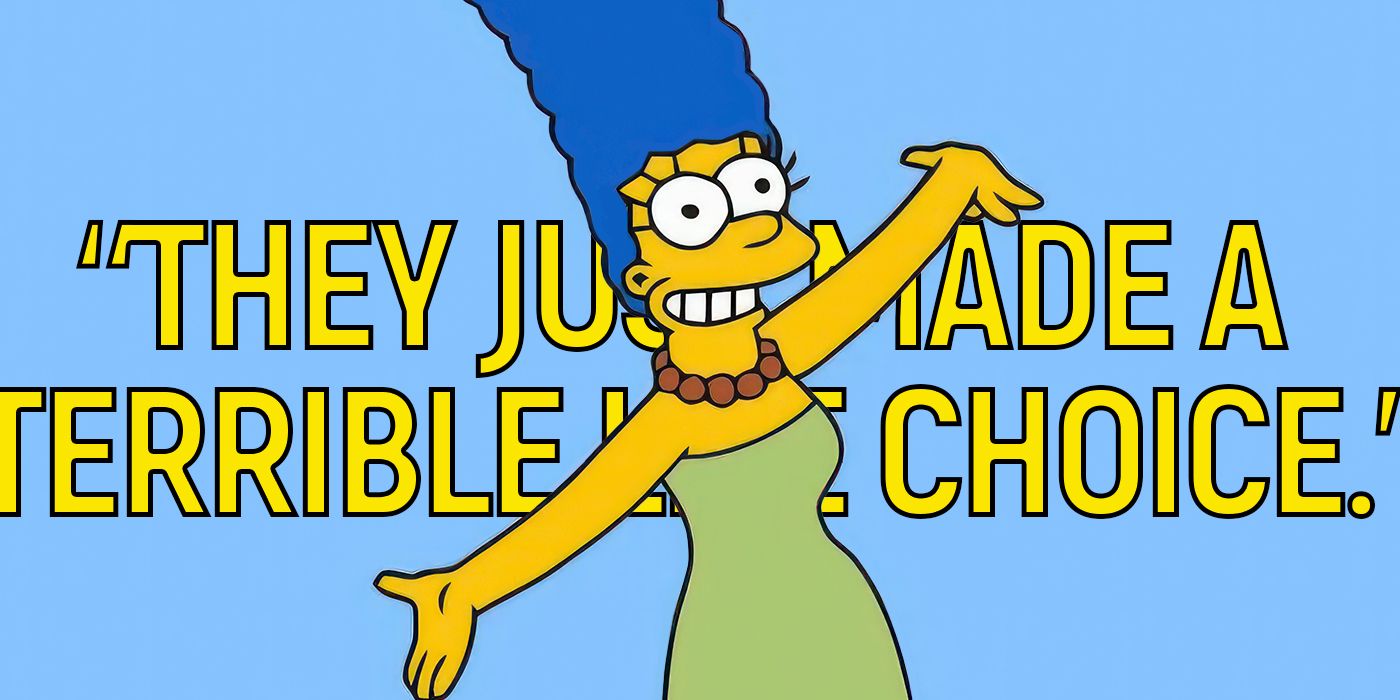


![Spider-Man Is Back in Black With the Green Goblin in New Funko Pop! Figures [Exclusive] Spider-Man Is Back in Black With the Green Goblin in New Funko Pop! Figures [Exclusive]](https://static1.colliderimages.com/wordpress/wp-content/uploads/2025/03/spider-man-the-animated-series-green-goblin.jpg)

